Ahead of the official opening of business at Routes Europe on April 24, 2016, delegates that had arrived early in host city, Kraków, were able to take advantage of a number of organised tours to explore one of Europe’s most beautiful cities and its surroundings.
Kraków has always been, in many respects, a charmed city. With a history that dates back to the 4th century settlement of Wawel Hill, Kraków has fortuitously avoided destruction, growing into one of the most prominent cities in Central Europe. A city of majestic architectural monuments, cobbled thoroughfares, cultural treasures, timeless courtyards, priceless artworks and legendary beer cellars and gardens, Kraków’s historic centre is the pride of Poland.
Kraków City Tours
Whether taking a walking tour, travelling by electric car or even by Segway, delegates were able to explore the architectural wonders of the city and observe over 1,000 years of history.
The four-hour walking tours included highlights such as the Main Market Square, Royal Route, Barbican, Church of Saints Peter and Paul, Wawel Royal Castle and Cathedral, St. Florian’s Gate, Cloth Hall, Collegium Maius and Jagiellonian University. The tour also provided the possibility to experience the city from a culinary perspective by tasting famous local food and drinks as they passed through the city.
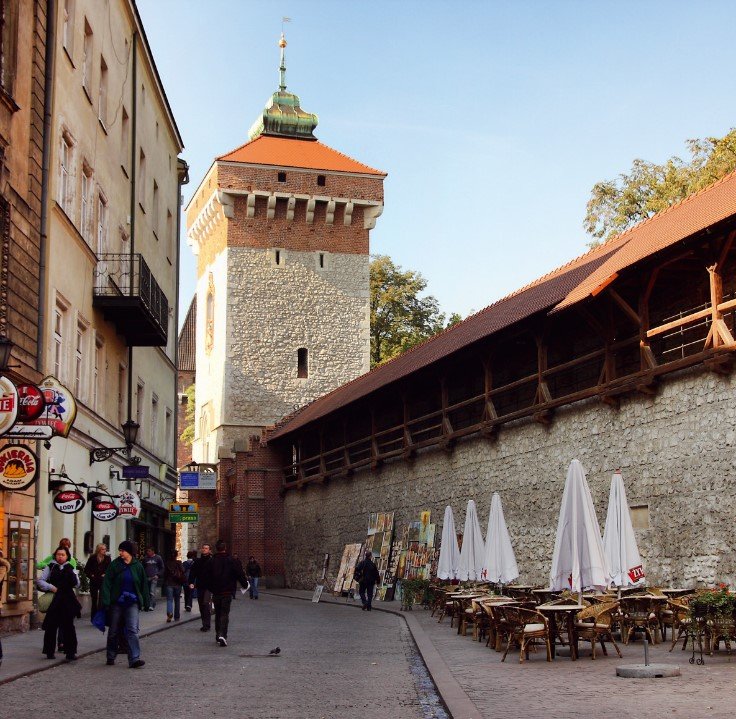
Whether a novice or a natural, the two-hour Segway tour brought an added dimension to the sightseeing. The mini tour took delegates around of some Kraków's highlights visiting major attractions of the Old town like: Main Market Square, Cloth Hall, St. Mary's Church, Royal Route, University Quarter with Collegium Maius Building (where Copernicus went to School), Remnants of Medieval Fortifications, Dragon of Wawel Castle, Banks of the Vistula river.
Those less active or still suffering from their travel to Kraków were able to see the city in a more leisurely way on the back of a comfortable, electric powered vehicle, with added audio guide commentary throughout the trip. The route took delegates around the most important monuments of the city and locations like: Wawel Hill and Royal Castle, the gothic St Mary Basillica, the historical trade pavilions of the Cloth Hall and the former separate Jewish district of Kazimierz.
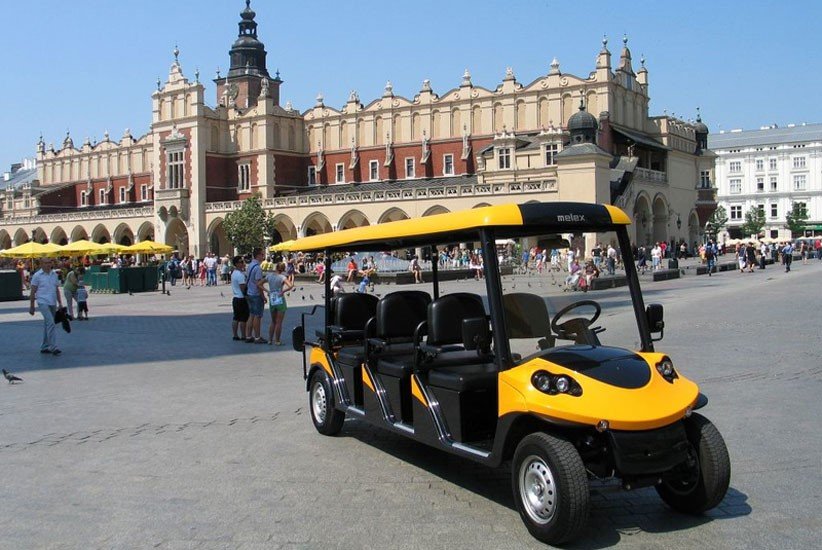
Bicycle Country Tour
Moving slightly out of the city, a bicycle tour provided a scenic insight into some of Kraków’s surroundings. Initially departing from the city along the Vistula river, the tour lead delegates through southern Poland's picturesque countryside. Passing through age-old woods, past crumbling forts and picturesque lakes, the cyclists travelled to the small town of Tyniec, around 12km west of the city. The town is famous for its 11th century Benedictine Abbey which played a crucial military role in Poland's Christian restoration and the nation's rebuilding. Delegates were able to explore the ancient grounds, and visit the gift shop, which is full of products made by the resident monks.
The Salt Mine in Wieliczka
One of Poland’s most famed attractions, Wieliczka Salt Mine was inscribed on the UNESCO World Heritage List in 1978. From the 13th century the mine has been systematically expanded and now the network of 300-kilometre-long galleries (and 3,000 chambers) extends to a depth of up to 327 metres. Delegates travelled the 3km long underground tourist route which fluctuates in depth from 64 to 135 metres. It took them through over 22 of the most beautiful chambers that have been created in the mine, among salt sculptures and underground lakes.
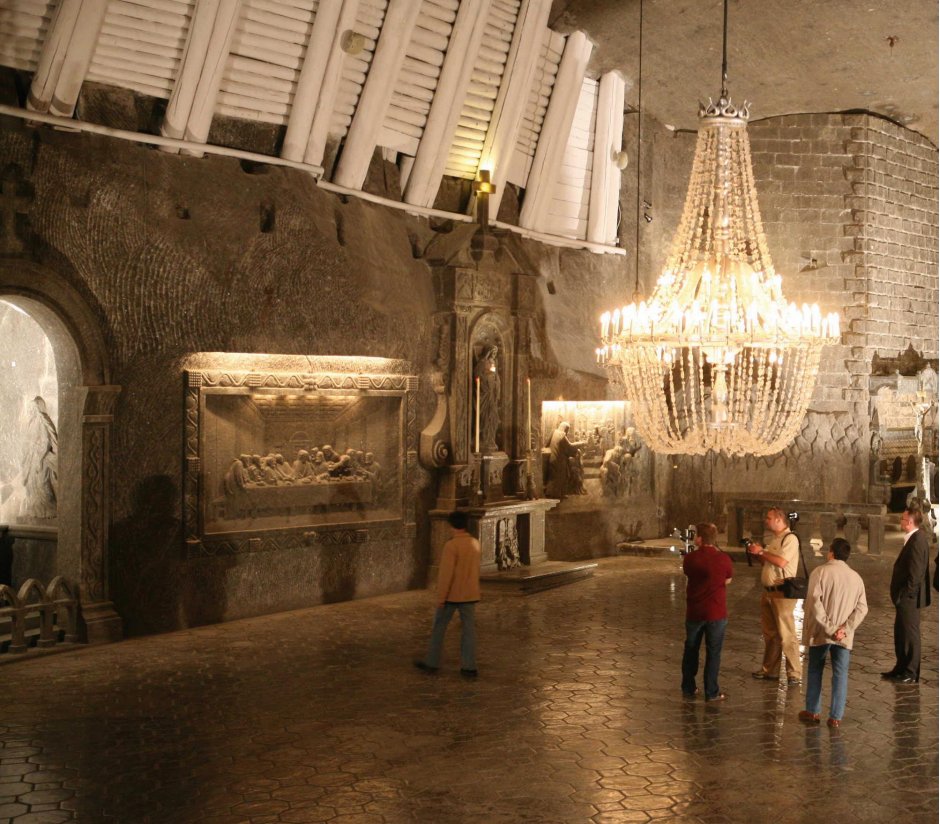
Communism and Nowa Huta Tour
A short drive to the outskirts of Kraków, delegates were able to visit the model Communist city and steelworks - Nowa Huta, one of only two planned socialist realist cities ever built. Now the easternmost district of Kraków, Nowa Huta was started in 1949 as a separate town on terrain taken by the Communist government from the former villages of Mogiła, Pleszów and Krzesławice. The Vladimir Lenin Steelworks was opened in July 1954 and in less than 20 years the factory became the biggest steel mill in Poland and supported the growth of the city.
Delegates were able to experience the wonders of this one-of-a-kind place, including its monumental Central Square, wide avenues, residential units, steelworks' headquarters, a Soviet tank and an impressive Solidarity church. Not only were they able to discover how the average Pole lived, worked and played under Communism, but they also gained insight and anecdotes from a local guide aiming to bring the "good old days" back to life!
The interesting tour explored everyday life in Poland in the 1970s and through a private museum delegates were able to view an unchanged Communist apartment, where they were able to sample pickled cucumbers and have a shot of vodka. The visit also included lunch in an old-school ‘Milk Bar’ canteen.
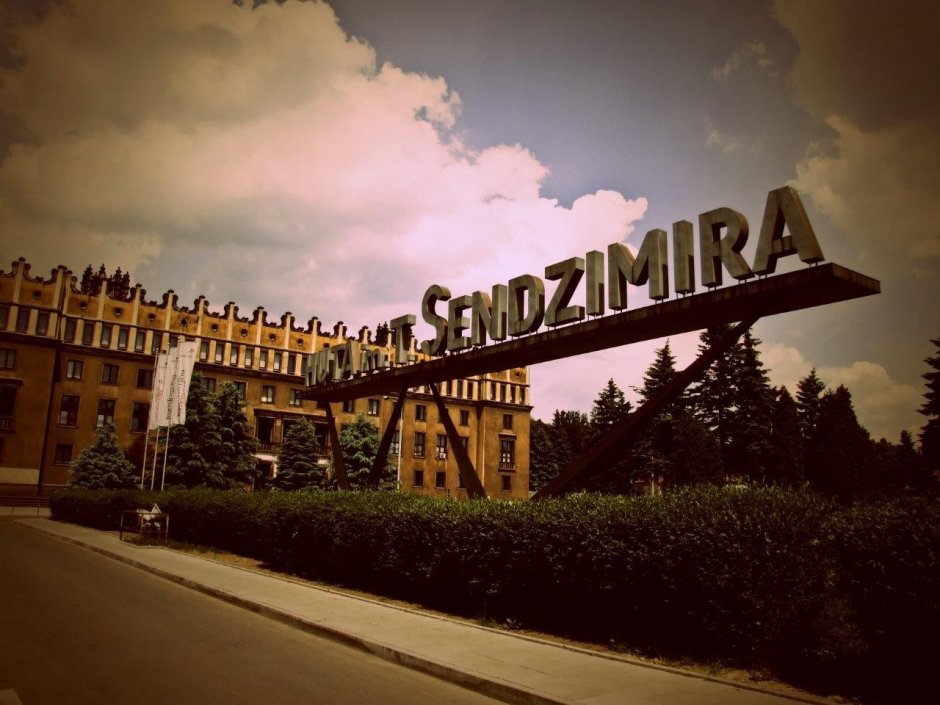
Auschwitz-Birkenau Nazi German Concentration and Extermination Camp
The well-recognised Auschwitz concentration camp was a network of German Nazi concentration camps and extermination camps built and operated by the Third Reich in Polish areas annexed by Nazi Germany during World War II. It consisted of Auschwitz I (the original camp), Auschwitz II–Birkenau (a combination concentration and extermination camp), Auschwitz III–Monowitz (a labour camp to staff an IG Farben factory), and 45 satellite camps.
Delegates were able to visit one of the centres of the Holocaust – the mass extermination of European Jews. The Nazi Germans exterminated at least 1.1 million people, mostly Jews, but also Poles, Roma, Russian prisoners of war and prisoners of other nationalities in Auschwitz. As of 1947, the State Museum has operated on the grounds of the former Nazi German concentration and extermination camp. The Memorial Site comprises the area of two preserved parts of the camp: Auschwitz I and Auschwitz II - Birkenau.
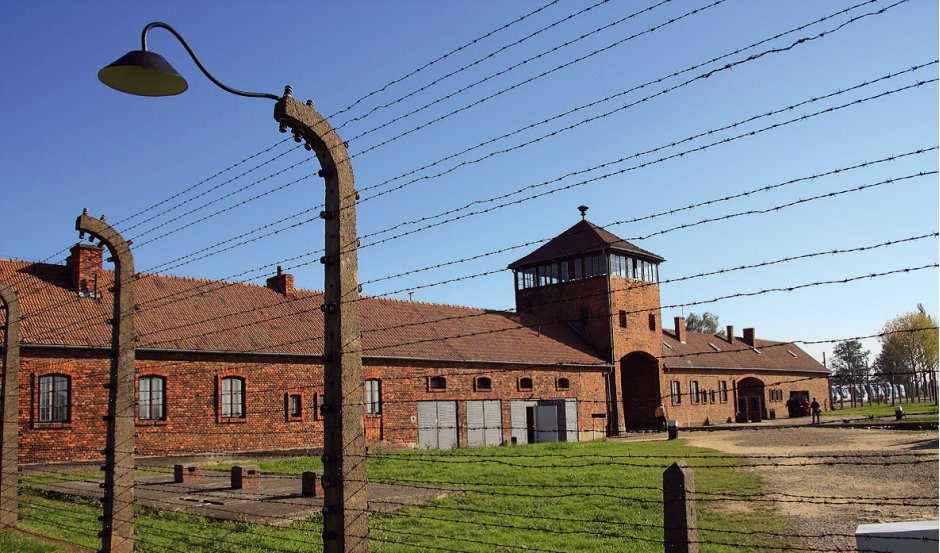
For those staying on after Routes Europe and with some spare time on their hands, Kraków Airport is offering post event tours. These include a second excursion to the Auschwitz-Birkenau Nazi German Concentration and Extermination Camp and trips on the UNESCO trail covering the Wooden Architecture Route and to the town of Zakopane in the Polish Highlands. You can find out more about these post-event visits and book your place here.





